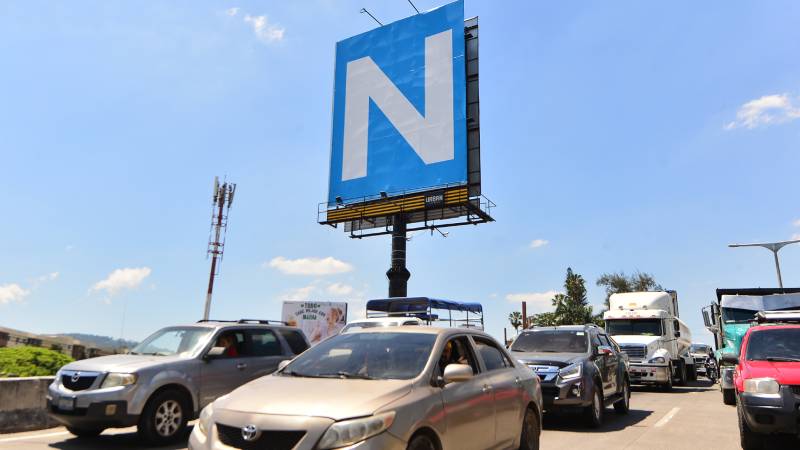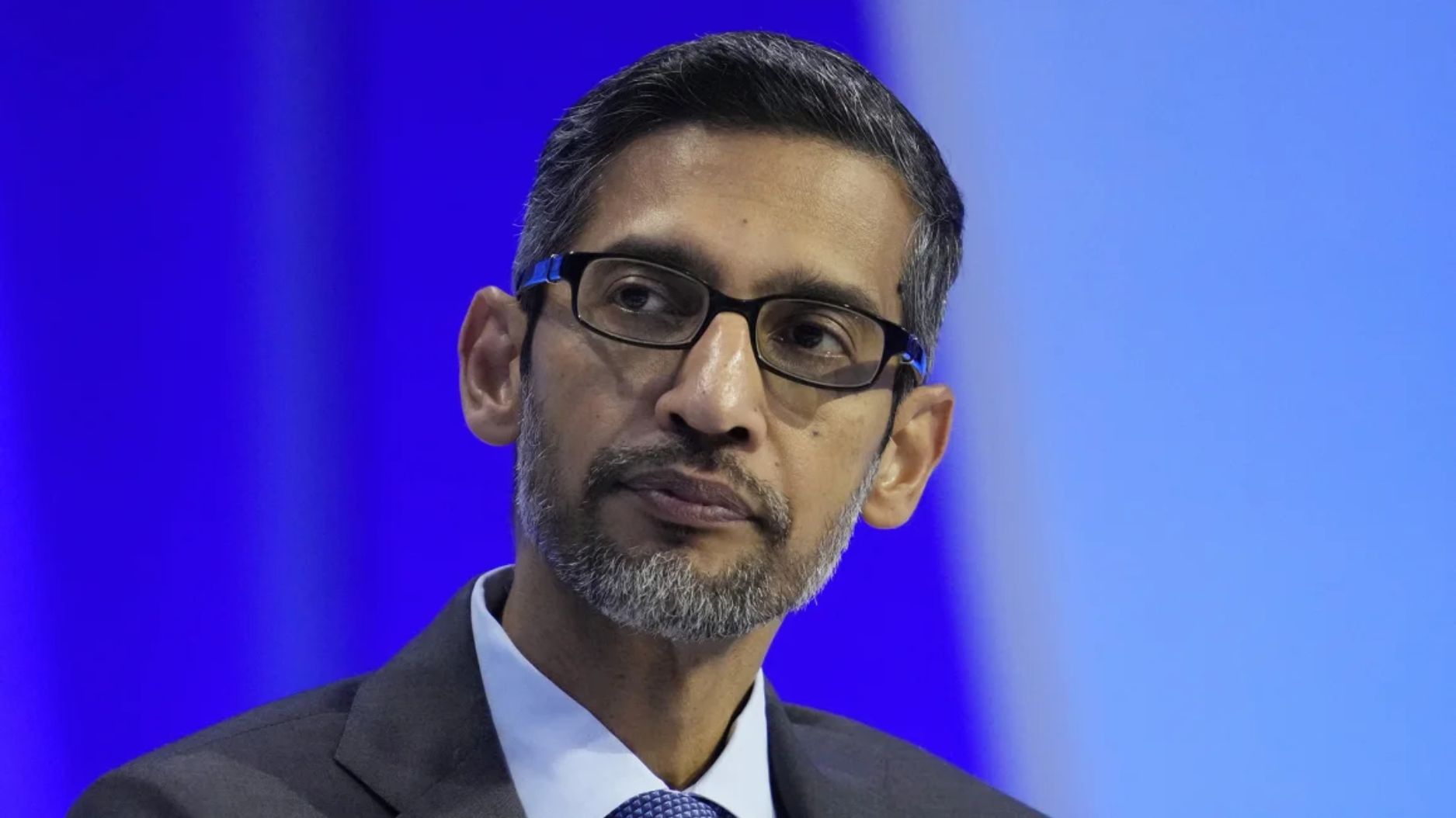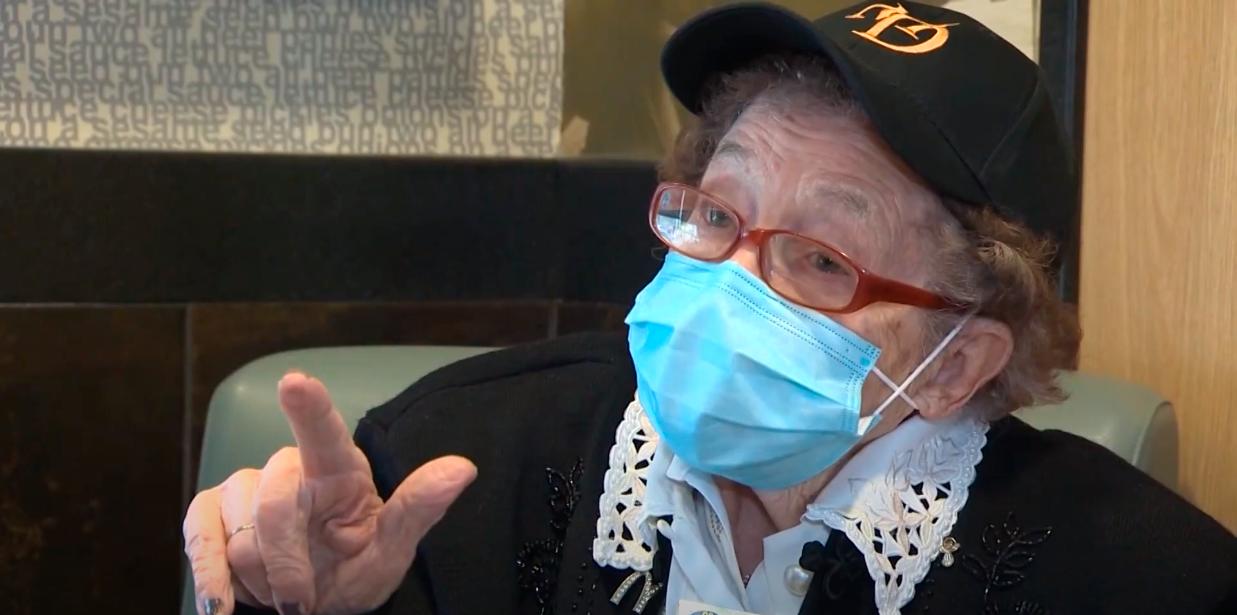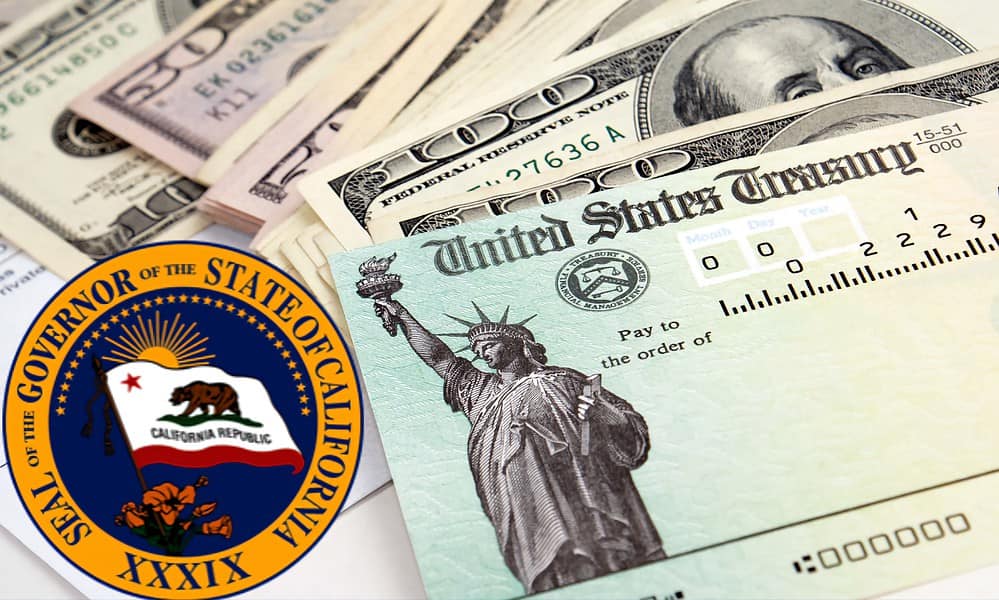Nearly two-thirds comes from credit unions and workers' banks. The largest single creditor is the securitization company. The mortgage bank also appears.
One of the most sensitive points in the political reform that has reduced 262 mayors to just 44 is how they will inherit the debts of their predecessors. There was not even a simple attempt to organize it. This issue was therefore left to the discretion of each new local government.
But the truth is that these debts exist and are still in demand by their lenders. Who are the creditors of El Salvador's municipal debt, which according to the latest available data (end of September 2023) amounts to $801.3 million?
It's a doubly interesting topic because no financial institution is willing to lend to the mayor's office, so only 2% of that financing comes from traditional private banks. Almost everything (65%) comes from cooperative and grassroots entities, such as credit unions or workers' banks.
A large portion of it is accumulated in the Federation of Credit Unions and Workers' Banks (FEDECREDITO), one of the entities supervised by the Financial System Supervision Authority (SSF), amounting to $327.6 million. Some members of this company are the only significant creditors of the mayor's offices, such as in the Santiago Nonualco Trust Fund, to which they are owed $47.34 million.
With the nuance of the previous paragraph, it is possible to emphasize that one should not, when reading the phrase “trust fund”, think that it is an entity with less than normal controls, which would be taxation by the Social Security Fund. But the truth is that a large part of this universe is under the supervision of the Salvadoran Institute for Cooperative Development (INSAFOCOOP), with looser controls and greater flexibility.
This was what the Santa Victoria Cooperative Savings and Credit Association (COSAVI) enjoyed for much of its existence, whose leaders were accused by the Attorney General's Office of embezzling $35 million from its members and users. Now, they live in a state of uncertainty about whether they will be able to withdraw their savings or not.
Up to $94.5 million (12% of the total) of municipal debt is held by credit unions that are not supervised by the Social Security Fund, which has specialists in finance, compliance and anti-money laundering protocols.
This was specifically the case with COSAVI, to which several municipal governments owe $21.93 million. If we take individual creditors into account, it is possible to verify that this entity is the ninth most important financier of municipal governments, among which Santa Tecla (today a district of La Libertad Sur), to which it owes $1.6 million.
A current Salvadoran government official who has been involved for nearly two decades in investigating financial crimes, and who prefers to remain anonymous because he is not authorized to speak to the press, believes that the high threshold imposed by credit unions for not falling below the jurisdiction of private security forces is a major risk factor. , as it did not have its first bombshell in the Kosavi case.
Thus, he gives as an example former MP Roberto Carlos Silva Pereira, who was accused of money laundering and other crimes in the 2000s, and one of the elements of the conspiracy related to non-transparent contracts that several municipalities assigned to two of their companies that did not have the capacity to carry out the work entrusted to them.
The financial conditions of these municipalities were so bad that almost no financial institution dared to extend credit to them. At that time, Silva Pereira himself was in charge of extending credit to small credit unions, the common name for savings and credit cooperatives. The money that later ended up in Roberto Carlos Silva's pockets was the same money that left financial institutions.
“Neither our tax system, nor the prosecutor's office, nor the police are prepared to conduct audits in these areas… and after a long time, we are still in its infancy,” the official commented.
Thus, unbridled indebtedness does not only constitute a risk factor for enriching unethical officials, or for concealing other crimes, such as money laundering, which seeks to give the funds the appearance of legitimacy that they do not have.
“The important thing is to verify that this level of debt does not correspond to the quality of management. Services are not improved, and there is no business anymore,” says lawyer Ruth Lopez, legal head of Cristosal’s anti-corruption department.
But credit unions are not the only important funders of local governments in El Salvador. Securitization (commitment of future income) has become another source of quick money for municipalities. Therefore, it is not surprising that the municipalities' main individual creditor, Hencorp Valores ($154 million), is the company dedicated to structuring these instruments in El Salvador.
The third largest creditor to municipal governments is the state-owned Banco Hipotacario de El Salvador, which has provided nearly $65 million to several municipalities.
Return to cover page





